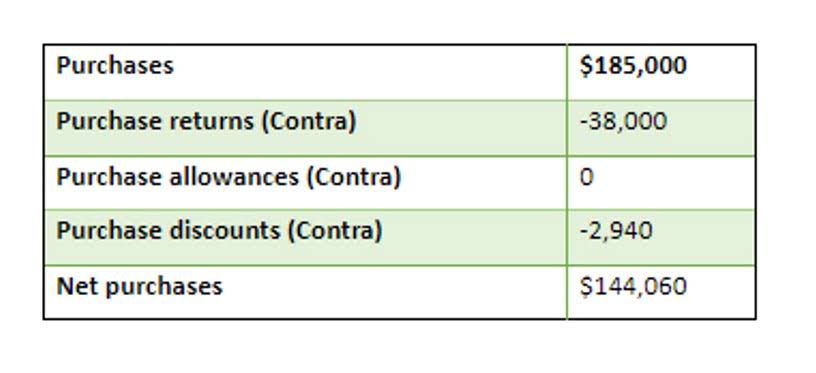
Understanding the components of annual income is crucial for precise budgeting, strategic tax planning, and informed financial decisions. Annual income consists of the total earnings an individual receives over the course of a year from various sources. Let’s look at the pros and cons of each, and then you can decide which suits you better. To calculate your annual income, add together all of your income streams for the year. If an employee works 40 hours per week and there are 52 weeks per year, the total typical working hours per year is 2,080. However, that number doesn’t consider PTO policies and company holidays, which vary by employee and organization.

How to calculate annual gross income from an annual salary
For households with significant investment portfolios, these sources can provide a steady stream of income. For example, dividends from stocks or interest from bonds can supplement regular earnings. Rental income from properties offers another potential source, particularly in high-demand rental markets.
Business Gross Income
For businesses, net income is reviewed alongside other metrics, such as debt-to-equity and interest coverage ratios, during credit evaluations. Strong net Bookkeeping for Consultants income enhances credit profiles, improving access to financing for growth and operations. On the other hand, declining or negative net income raises concerns for lenders, resulting in stricter terms or denial of credit. Maintaining a healthy net income is critical for securing favorable credit and supporting long-term financial stability. An employee earning a $50,000 annual salary makes $50,000 if they work all year. A contractor working for six months at a $50,000 annualized salary will earn $25,000.

Pension or Retirement Benefits

The figure is usually used when employers are advertising a job vacancy. However, staff that receive a wage rather than a salary can be paid overtime. Rather than being paid for any overtime worked, salaried staff may be offered time off work in lieu. When personal finance is discussed, annual income is one of the critical factors that is often cited. We at Moneyfarm will explain all, discussing how to calculate and maximise your yearly income and its overall unearned revenue effect on your personal and household finances.
Calculating annual income for self-employed and freelance workers can be more complex due to fluctuating income streams, varied payment schedules, and the need to account for business expenses. However, understanding both your gross and net annual income is critical for budgeting, financial planning, and meeting your tax obligations. Your annual income determines your tax bracket, potential deductions, and whether you’ll receive a refund or owe money. Self-employed individuals must also understand their income to accurately calculate quarterly estimated tax payments. For example, let’s say John earns an hourly wage of $25 and works eight hours per day, five days per week and 50 weeks per year.

- If you have a clear picture of your annual income, you can identify your expenses, create a budget and better understand where and how you spend your money.
- Tax is calculated on an individual’s net income or total income and not on Gross Total Income.
- Tax season is coming and Mr. Johnson wants to figure out how much he has to pay.
- Note this is gross pay or earned income, not the money you have left after deducting for healthcare and groceries.
- Examples include sales roles with commissions and positions with regular overtime.
An individual’s gross income is used by lenders or landlords to determine whether that person is a worthy borrower or renter. Gross income is the starting point before subtracting deductions when preparing federal and state income tax returns. Add up all taxes you owe, including federal, state, local, Medicare and social security. If annual income your employer takes out taxes, then the total deductions should be on your pay stubs.
Tinggalkan Balasan